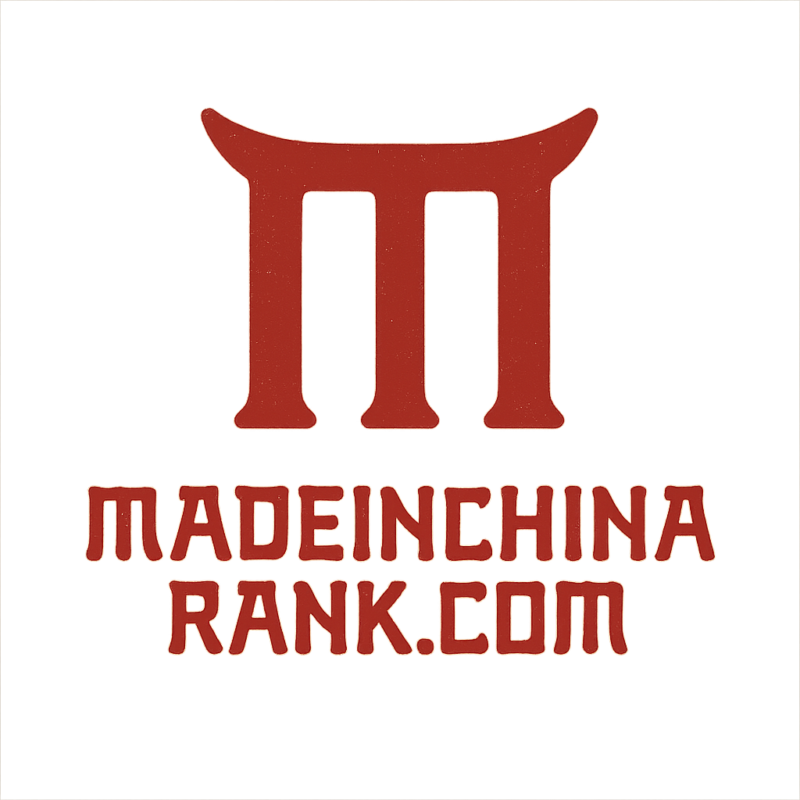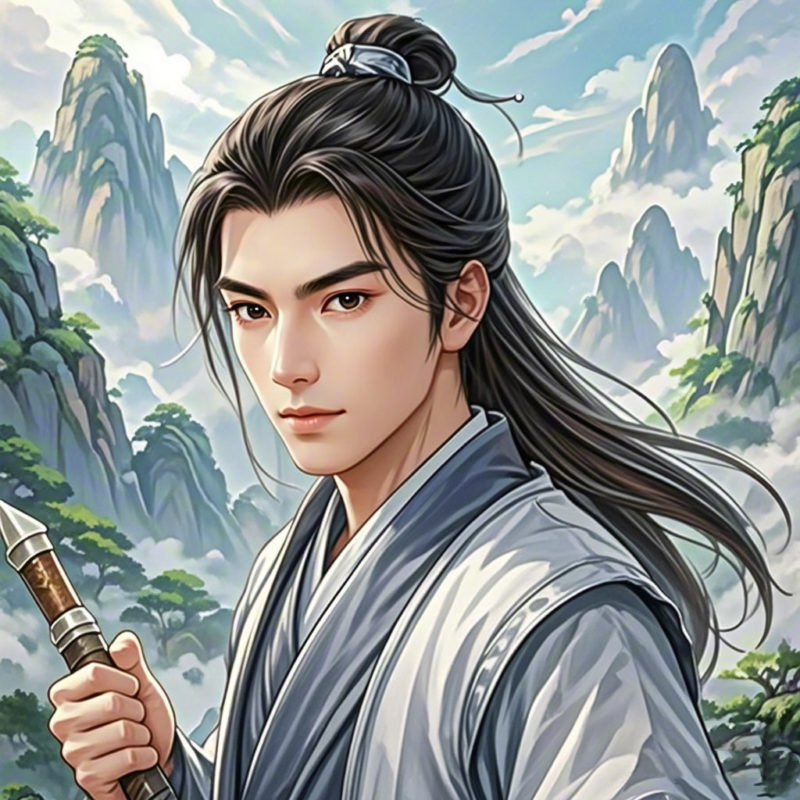A Record of a Mortal’s Journey to Immortality: The Classic Xianxia Epic by Wang Yu
1. Beginnings: Humble Origins of an Ordinary Mortal
《凡人修仙传》, also translated as A Record of a Mortal’s Journey to Immortality, was serialized on Qidian from 2008 to 2013 and completed at roughly 7.71 million Chinese characters, appearing in print in 2010 by Taibai Literature and Art Publishing House. Its author, Wang Yu (忘语), crafted a narrative focused not on gifted heroes but on a mediocre youth, Han Li, a poor villager whose life changes when a minor sect leader unexpectedly recruits him through family recommendation. Though lacking innate genius, Han Li possesses a real spirit root that allows him to cultivate the secret Changchun Gong technique and embark on a meticulous path of cultivation .
Within the first arc, readers witness his clash with his master, the sinister Mo Juren, whose plot to possess Han Li’s body fails disastrously, revealing the broader cultivation world’s darkness and complexities. Surviving that early trial, Han Li resolves to rescue his family using clues left in Mo’s writings, marking the start of his long and arduous journey into immortal cultivation.
2. World‑Building and Philosophical Underpinnings
Realistic Cultivation System
Unlike many Xianxia stories dominated by magical genius and explosive power growth, 凡人修仙传 builds a gritty cultivation world rooted in slow ascension, resourceful strategy, and survival tactics. Its realm includes detailed stages—炼气 (Qi Refinement), 筑基 (Foundation), 结丹 (Core Formation), 元婴 (Nascent Soul), 化神 (Divine Transformation), then higher tiers leading up through 炼虚 to 合体 and 大乘, finally to **the tribulation‑crossing that enables transcendence to the 仙界. Spirit roots are classified as pseudo, true, heavenly, or mutated variants, affecting cultivation speed, bottlenecks, and suitability for specialized techniques .
Themes of Mundanity and Determination
What sets the novel apart is its philosophical theme: an ordinary mortal fighting fate. Han Li’s lack of natural talent forces him to rely on caution, planning, hidden treasures, trap‑setting, and alliances rather than reliance on talent or divine destiny. This underscores a central moral: that steady effort, ingenuity, and even occasional luck can compensate for mediocrity in the brutal world of cultivation.
3. Key Plot Arcs: From Minor Sect to Immortal Legend
Entry into Seven Profound Gates and Blood‑Trial
Han Li’s initial cultivation journey unfolds in the Seven Profound Gate (七玄门), where he garners recognition but soon escapes after surviving the lethal blood‑colored trial within the sect’s forbidden zone and defeating Mo Juren in a deadly confrontation. His escape leads him to Huangfeng Valley, where he becomes a low‑rank disciple, meets allies, and refines his dormant magical potential including the Qing Yuan Sword Technique and Shiyin formula—uncommon methods that spur unexpected breakthroughs.
Ventures into Demonland and Martial Confrontations
Progressing through Foundation and Core Formation, Han Li decamps to various remote locales: Yanjia Fort, resource mines, demon lairs. Each step involves culling materials, forging weapons, casting illusions, and negotiating alliances or betrayals. During these journeys he obtains legendary treasures like the Azure Bamboo Bee Cloud Sword (青竹蜂云剑), navigates betrayal even within Yunlun Sect, clashes with powerful opponents, and gradually builds fame and danger alike.
Rise to Nascent Soul and the Outer Trials
As Han Li’s cultivation ascends to Nascent Soul stage, the narrative expands to Outer Realms beyond human domain, where he confronts ancient legacies, true demon tribes, exalted immortals, and infinite labyrinths. He survives close calls, even after being recruited into the Yuling Sect and later escaping political entanglements using hidden techniques. Each crisis—weapon breaks, betrayal, near-death—serves to sharpen his resolve rather than overpower him.
4. Character Depth and Supporting Cast
Beyond Han Li’s methodical ascent, the novel shines with well‑rounded secondary characters: friends, rivals, cultivators both virtuous and villainous. Romantic subplots are sparse but deliberate—only a single Dao partner emerges in the entire story—eschewing typical harem tropes common in genre works (ltaaa.cn). Readers often highlight how characters are allowed to mature, face consequences, and in some cases die unexpectedly, lending weight to every alliance or betrayal.
Han Li himself is no extroverted hero—he is cautious, calculated, and often opportunistic. Reddit commenters praise his restraint and realism, describing him as someone who “minds his own business” until necessity reveals hidden altruism or survival instinct. One reviewer on ltaaa.cn observed that Han Li’s “cheat” or lucky items never replace his effort—they supplement it—and challenges like broken treasures force him into fresh planning each time, thus avoiding repetitive power growth patterns common in other novels.
5. Reception, Adaptations, and Legacy
Widespread Acclaim and Reader Praise
凡人修仙传 earns consistent praise from fans and critics alike. Reviewers call it one of the best cultivation novels due to its realistic pacing, deep character arcs, and lack of predictable formulaic power escalation (Reddit). On Chinese book sites like Douban, its compiled volumes (1–10 and beyond) hold a stable 7.2–7.5 star rating from thousands of readers, reinforcing its position as a modern classic.
Multimedia and Spin‑Offs
The novel has spawned multiple adaptations: 3D donghua animation (风起天南, 魔道争锋), comics, video games (Mortal Xianxia Online, Swordsman Online), mobile adaptations, and a planned live‑action drama set to premiere in 2025 (zh.wikipedia.org). The adaptations aim to capture Han Li’s journey faithfully, though reviewers caution that the slow, methodical pacing may present challenges to streaming audiences used to faster progression.
Cultural Influence and Genre Impact
凡人修仙传 effectively birthed the “mortal‑cultivation” subgenre (“凡人流”)—stories in which protagonists are not prodigies, but ordinary individuals using grit and resourcefulness to ascend. Its popularity inspired countless imitators and helped transform online Chinese literature, giving space to characters without divine destiny but with relentless persistence—a shift that reshaped Xianxia conventions.
6. Themes, Takeaways, and Lasting Appeal
Mortality, Caution, and Persistence
At its emotional core, the novel explores how someone with average talent confronts a world of demons, sect politics, immortals, and cosmic secrets. Han Li’s repeated near‑deaths, broken treasures, shifting alliances, and crises test more than his strength—they test his patience, intelligence, humility, and adaptability.
The Weight of Time
Time is a palpable force in the story: decades pass between breakthroughs, treasures age and break, human relationships fray, and the monumentality of each decision becomes clearer in hindsight. Reddit fans referred to this as “a biography of his journey,” with absence and loss—especially leaving mortal family behind—portrayed with poignancy and regret.
Integrity in a Hostile World
Though countless martial sect characters are corrupted by power or ambition, Han Li repeatedly demonstrates pragmatism balanced with honor. He avoids unnecessary conflict, rescues innocents, and often baffles opponents by his unpredictability rather than brute strength. That balance of caution and occasional mercy amplifies his appeal as a cultivation protagonist grounded in humanity.
A Record of a Mortal’s Journey to Immortality endures not because of flashy power or explosive romance, but because it charts a journey defined by gradual progress, harsh realism, and human-scale aspirations. Through Han Li’s careful footsteps, readers witness not just the conquest of magical realms, but the evolution of an ordinary mortal into a mythic cultivator—earning immortality not by destiny, but by unrelenting perseverance, adaptability, and relentless pragmatic determination.
If you’d like a timeline of Han Li’s cultivation milestones, a character analysis of key allies and foes, or an infographic comparing spirit root tiers, I’d be glad to provide one.

